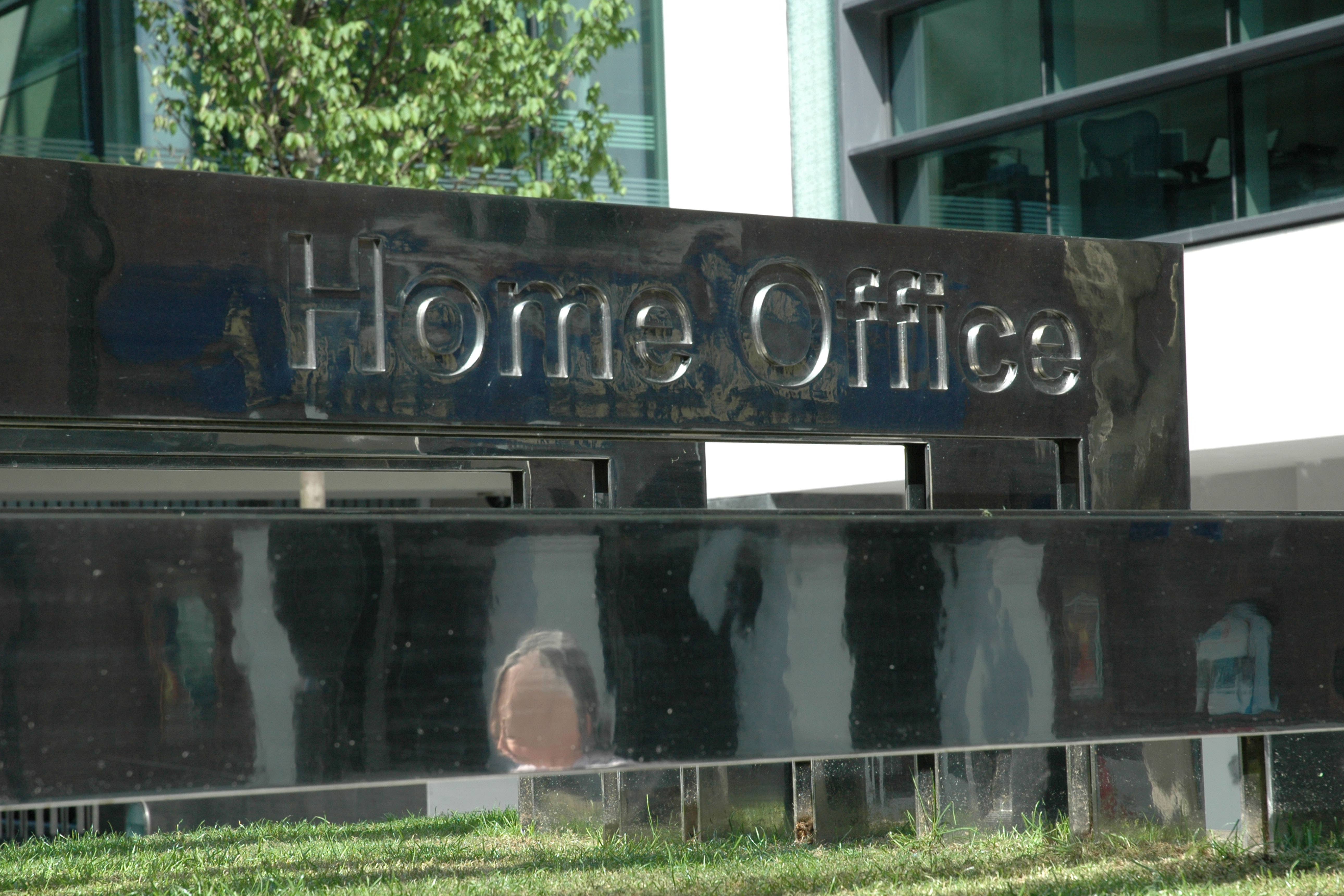High Court quashes unlawful policy on vulnerable people in immigration detention
Medical Justice, a charity supporting detained migrants, took legal action against the Home Office.

A Government policy of seeking a second medical opinion over vulnerable people in immigration detention, risking delays to their potential release, is unlawful, a High Court judge has ruled.
Medical Justice, a charity which supports individuals detained in immigration removal centres, took legal action against the Home Office, arguing policy guidance could “prolong the detention of an adult at risk who is particularly vulnerable to harm”.
The policy required caseworkers to seek a second opinion from a Home Office contracted professional on an external medical report or “medico-legal report” which is submitted in relation to a person in immigration detention, a judge was told.
Lawyers for Medical Justice said it was not consulted over the June 2022 guidance, which they argued would delay the determination of a person’s risk level and any decision to release them.
This is a case in which the defendant has undermined the rule of law in a direct and unjustified way by issuing a policy which positively authorises or approves unlawful conduct by caseworkers
At a hearing in November, the charity’s legal team said the document “contradicts” and “undermines” previous guidance approved by Parliament over protections included in the 2016 Immigration Act.
The Home Office denied the so-called “second opinion policy” was unlawful and contradictory and that it had a duty to consult over it.
But in a ruling on Friday, Mr Justice Linden quashed the policy and concluded the Government could not “contradict or undermine” previous guidance “without the approval of Parliament”.
He added: “In my view this is a case in which the defendant has undermined the rule of law in a direct and unjustified way by issuing a policy which positively authorises or approves unlawful conduct by caseworkers in that the terms of the second opinion policy require or encourage them to act contrary to the statutory guidance approved by Parliament.”
The judge said Medical Justice had a “legitimate expectation” to be consulted over the policy and that the Home Office had made “no real attempt to explain or justify the failure to consult”.
The charity said the ruling meant “potentially hundreds” of vulnerable people a year, who would otherwise have been detained because of the policy, will be released where medical evidence and other immigration guidance requires it.
It said people who had the second opinion policy applied to them should seek advice over whether they have legal claims for unlawful detention.
Idel Hanley, policy, research and parliamentary manager at Medical Justice, said: “Downgrading important safeguards, as was done by introducing the second opinion policy, without meaningful consultation or parliamentary scrutiny, is an affront to the rule of law and risked causing serious harm to detained people.
“Immigration detention is known to be extremely damaging to people’s mental health and wellbeing.
As immigration detention is set to expand, this judgment is an important reminder for the Home Office to conduct meaningful consultations and act in accordance with the law
“Those with histories of torture, trafficking, and trauma, as many detained people have, are at particular risk of deterioration in their mental health.
“In requiring a second assessment by a Home Office contracted doctor, this policy by design, risks retraumatising already vulnerable people and prolonging their detention.
“This policy’s provision that the second assessment could be carried out purely on the basis of documents, without the Home Office doctor ever meeting the detained person, and then lead to the downgrading of medical evidence, was also problematic.
“The Home Office’s attempt to undermine the weight of external medical evidence in this way is unacceptable.
“As immigration detention is set to expand, this judgment is an important reminder for the Home Office to conduct meaningful consultations and act in accordance with the law.”
A Home Office spokesperson said: “The welfare and safety of people in detention is of the utmost importance.
“We are committed to ensuring detention and removal are carried out with dignity and respect.
“We are carefully considering the implications of the judgment and the impact on the very limited number of cases affected.”
